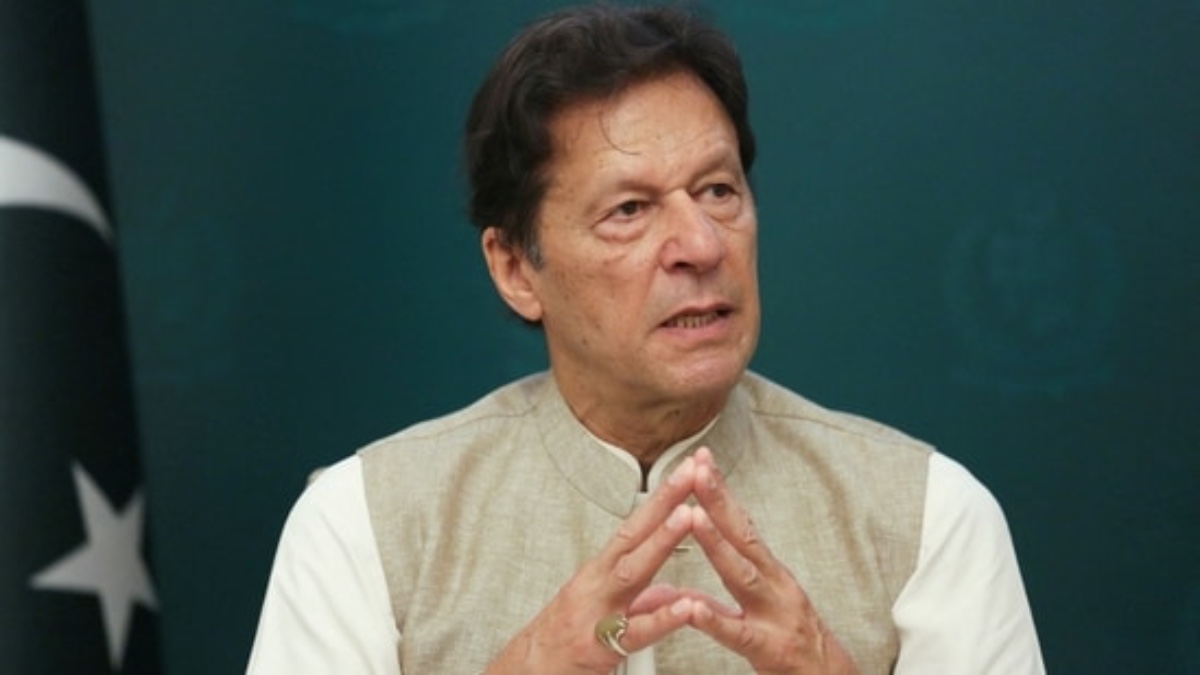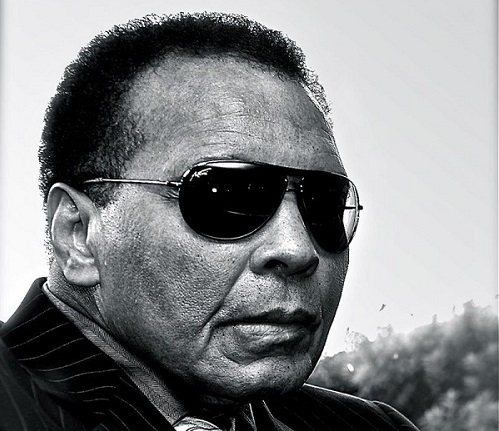Islam: Genesis
By Haroon Moghul
Most of us have heard of the Book of Genesis, the beginning of the Old Testament. How many of us, though, have heard of the Muslim Genesis? Just as the Bible has its explanation for how we got here, so does Islam. Beginning with Adam and Eve and moving on to Abraham and Muhammad, we’ll spend the next several columns exploring Islam’s cosmology.
And not just because Ramadan is right around the corner. I’ve been teaching Islam for years, and find this approach more engaging than a traditional overview, better for those who don’t know much about our religion, and far more inspiring to those who want to feel more connected. A presentation on the Five Pillars can only go so far, too.
That doesn’t tell you why hundreds of millions of people find Islam compelling. Worth changing their lives for. Nor why. It also does a disservice to Islam, limiting us–and producing a limiting religion. Islam once shaped whole cultures, societies, civilizations. Today it’s limited to the direction you pray in, or whether you wipe your socks.
We are part of a worldview that finds it increasingly hard to talk meaningfully about faith, and therefore is often dismissive of the faithful. Our language inadvertently reproduces prejudices about religiosity that are misleading. One of these, for example, is that faith is a kind of superstition. Religion is on one end of the spectrum, and reason and logic on the other.
In truth, however, all people use fundamentally similar forms of reasoning. We just start from different places. (That’s why all traditions have their humanists and fundamentalists.) Whereas a person starting from secular assumptions might find the Catholic doctrine of transubstantiation to be puzzling—really, wine and wafer becomes blood and body of Christ?—a believer is nonplussed.
How would it be unreasonable that the very same God who created all things from nothing can transform some of those things into other things—which He created anyway? Meanwhile, some who express bemusement before transubstantiation allege that all this—you, me, the whole universe, not just wine and wafers but blood and bodies—came into existence on its own.
By what miraculous agency does nothing become something, and is that really any easier to swallow than the Eucharist? We have been far too defensive about our religion, which is why we have a belief system lived in such a way that you’d want to feel sorry for it, or us, or both. By exploring Islam’s Genesis, we can make some sense of the Muslim’s world.
Which you’d need to make any sense of the Muslim world.
We had to get into Bruce Wayne’s head before we could get into Batman’s. So why do we start with the particulars, and not with the general, with the conclusions, and not the preconditions? In the weeks ahead, we’re going to take a journey through stories you might think you know, but which have twists and turns specific to Islam.
As you read, keep in mind certain themes present and potent. We’ll see time and again, for example, that size doesn’t matter. Humans have a tendency to anthropomorphize God, which is why Islam is so opposed to icons. We assume that because God is greater, He is physically large. But God has no dimensions. Conclusion: Don’t look for Islam in overwhelming narratives, also known as plodding, overwhelming, unneeded films like Exodus: Gods and Kings.
That was, by the way, the very Catholic J. R. R. Tolkien’s exceedingly Abrahamic point in selecting a very small hobbit, Frodo, to carry Middle Earth’s heaviest burden, and not a warrior or a king. What the Prophet might’ve meant when he said–this may be my favorite hadith of all time–“my ummah is like the rain: None know what is more beautiful, its beginning or its end.”
There are other themes, too, which we’ll find weaving in and out of Islam’s Genesis. For example, that God’s message comes to us through individuals, because we are individuals—the point of Turkish author Mustafa Akyol’s wonderful book, Islam Without Extremes. Islam is, he notes and elaborates, individualistic from its beginnings to its end. You’ll be judged alone, after all.
There are historical lessons as well, which should affect how we present and receive the past. Whereas (secular) analysts frequently assume monotheism began with the Children of Israel, a departure from an historic pantheism, polytheism, or animism, Islam says it’s the other way around. Monotheism is your natural condition. Prophets are meant to guide us not to something new, but who you always were—religion is restored by prophecy, not invented by it.
And that, in turn, is because we all know who we were meant to be. Do you know?
Well before He created Adam and Eve, God gathered the souls of all the people who’ll ever live—in a place before time and space—and asked, ‘Am I not your Lord?’ (The Heights 172). You were “there.” I was, too. But we had no bodies, no parents, no geography, no nationality, no color. Except we had monotheism. Before we were people in any sense we can understand, we were believers.
Even after we were enfleshed, though, set on the road to be Caliphs on Earth, still it wasn’t time. Islam’s Genesis doesn’t begin until Adam and Eve are created, placed in the garden, and fall. Then rise. They err, but in returning, prove the difference between good and evil. Good keeps trying.
So—shall we begin?















2015
5,221 views
views
0
comments